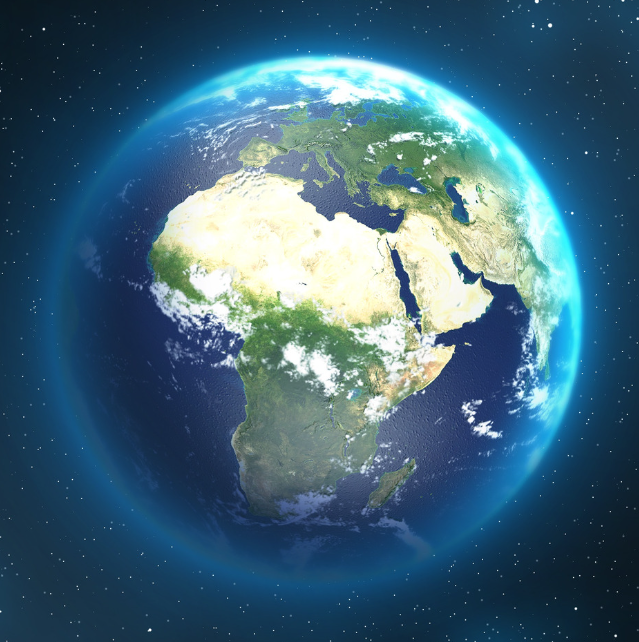What is Taiwan? Taiwan is an island ruled by an elected democracy. Their economy operates under capitalism. Taiwan is a melting pot of Chinese, Japanese, and Polynesian culture. The one threat to the island, however, is China.
After Taiwan was discovered by the outside world in the early 1600s, it became Dutch and Spanish colonies. This lasted until the latter part of the century when Chinese officials drove them away. After becoming part of the Qing Dynasty’s empire, many Chinese people immigrated to the island from China’s Fujian Province.
In 1949, the movement of the Chinese Communists won the Chinese Civil War against Generalissimo Chiang’s Nationalist government. As the Nationalist government ultimately saw defeat on the mainland, they fled to their newly acquired island territory of Taiwan. Many wealthy and middle-class families of China joined them, as Communism was mostly favorable to the lower class. Although the battles of the Chinese Civil War ended nearly seventy-five years ago, the Chinese Communist Party (CCP) never forgot their eastern “rebellious” neighbor.
Although people who fled China’s mainland were the minority of the population, contrary to the original immigrants to the island, they held all power in government. The Nationalist Party (KMT) ruled Taiwan under a military dictatorship, lasting until 1987 when the authoritative rule, nicknamed White Terror, ended.
The people of Taiwan gained freedoms after the end of this authoritative rule. The Democratic Progressive Party was formed, finally ending the one party system of the Nationalist Party. Taiwan’s booming economy continued to grow at this point.
Over the years, more people in Taiwan began to worry about the threat of war. The Taiwanese Public Opinion Foundation (TPOF) conducted many studies surrounding the opinion of Taiwanese people in this regard. Increasing from 2021 when 63% of Taiwanese citizens believed China would not invade Taiwan, the same study in February 2023 concluded 53% believed China would.
Despite their worries, many in Taiwan do not spend their time dwelling on the possible fate of their island in terms of Chinese invasion. An analogy of this is the manner in which Americans worry about the Yellowstone Supervolcano erupting; all know that the threat is overdue and many live within a danger zone, but very little actively spend their time pondering this.
As times continue, less in Taiwan wish for reunification with China or even to remain in their current state. In a September 2023 study conducted by TPOF, 48.9% of the group, consisting of people older than age twenty, are in support of entire independence, which entails international recognition as a sovereign state. 26.9% of people yearn for Taiwan’s status to remain how it currently is, and, lastly, 11.8% of the group wished for reunification. Please note that 12.4% of people in the study voted they had no opinion or were unsure. Furthermore, in another TPOF study using the general population, 76.7% of Taiwanese people consider themselves “Taiwanese” rather than the 9.2% that still consider themselves “Chinese.” 8.1% believe that they are both “Taiwanese” and “Chinese.” This shift toward sovereignty is certainly not what China wishes to hear.
Within the populous cities of Taipei, Taichung, and Kaohsiung, life continues to move forward for the locals. Oblivious spectators would never be able to tell that these bustling, busy metropolises are the hearts of a nation in which militaristic threats are being tossed at.
Editorials are solely the opinion of the writer and not Wayne Public Schools.













